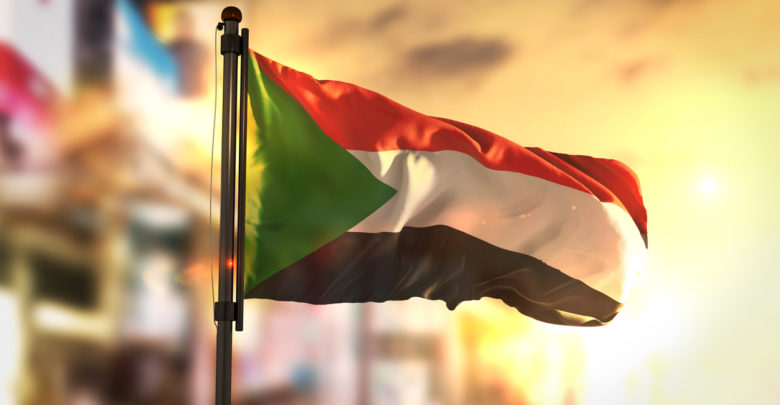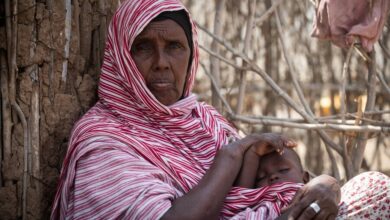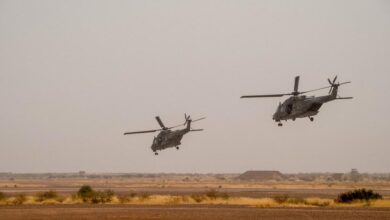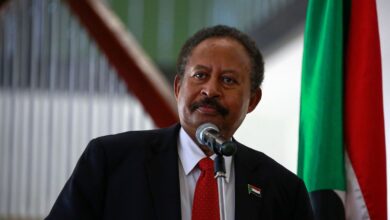Sudan
Sudan’s Civilian Coalition Rejects Negotiation Talks With Military Following Coup

Sudan’s main civilian political coalition on Wednesday rejected any negotiation with the military following the last month’s coup that ousted Prime Minister Abdalla Hamdok, reported Reuters.
On October 25, Sudan’s military carried out a coup against the civilian authorities. The army chief, General Abdel Fattah al-Burhan, dissolved the government and the sovereignty council, suspended critical parts of Sudan’s Constitutional Charter of 2019, and imposed a nationwide state of emergency. Several civilian politicians and officials were arrested following the coup including Prime Minister Hamdok.
The coalition spokesman Alwathiq Elbereir said the Forces of Freedom and Change (FFC) rejected the coup. The FFC had signed a 2019 power-sharing agreement with the military following the ouster of dictator Omar al-Bashir.
He said the coalition continue to support Prime Minister Hamdok, who is currently under house arrest, but had not met with him, and joined him in demanding a return to pre-coup conditions.
Another FFC spokesman said Sudan’s government must run according to the constitutional document, adding that the coup happened after civilians brought certain contentious issues to the table.
“The coup does not represent the military institution,” the spokesman said.
Several mediation attempts since the coup have stalled.
Al-Burhan has declared the military would establish a new government, and promised to hold elections in July 2023.
The army chief is currently under immense international pressure to reverse the coup. The United Nations special envoy Volker Perthes will brief the U.N. Security Council on Sudan during a closed-door meeting on Thursday.
There have been mass protests across various Sudanese cities in response to calls by the Sudanese Professionals Association (SPA) for civil disobedience against the military coup.
According to Sudanese doctors and the United Nations, at least 14 anti-coup protesters have been killed due to excessive force used by Sudan’s security forces during the protests.






